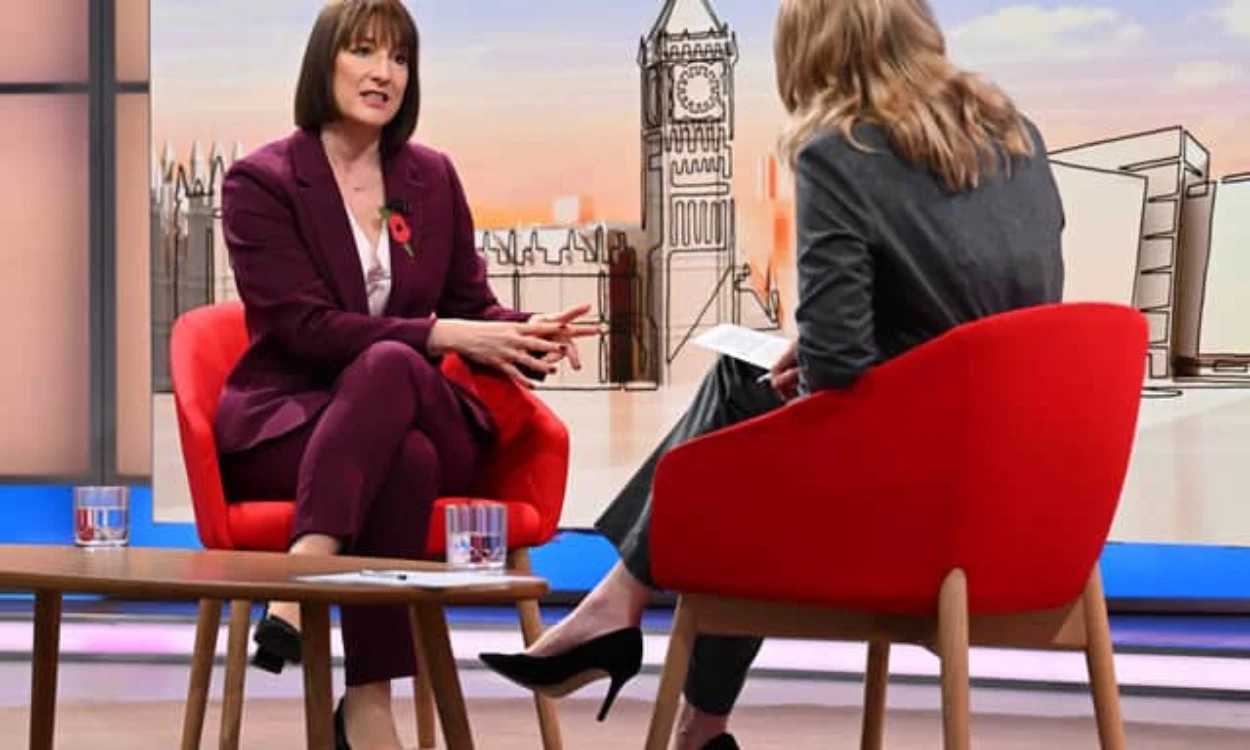London (Parliament Politics Magzine) – Rachel Reeves has confessed she was wrong to express before the election that no major tax rises would be required but promised there was “no need to raise taxes further” after last week’s budget increased £40bn.
The UK chancellor expressed she had not comprehended the true picture of the
“huge black spot in public finances”
left by the Conservatives, which the government states amounted to £22bn.
“I was mistaken on June 11, I didn’t know everything,”
she said.
Reeves stated there was no requirement to come back with another big tax-raising budget, after growing employer national insurance contributions, increasing capital gains on most assets, making inheritance tax shifts, and charging VAT on private school fees.
How does Reeves plan to address the fiscal shortfall?
Speaking on Sky’s Trevor Phillips Reeves stated:
“I’m not going to be able to write five years’ worth of budgets on this show today, but … there’s no need to come back with another budget like this. We’ll never need to do that again. We’ve now set the spending envelope for the remainder of this parliament, we don’t need to increase taxes further. We ought to do two things now: we need to reform our public services to make sure they work better and we need to grow our economy.”
What is labour’s pledge on taxes for working people?
She also showed an “absolute commitment” that the government would adhere to its manifesto pledge for five years that there would be no tax gains on “working people”, expressing that Labour had “wiped the slate clean” after the Tories’ “mismanagement”.
How does Reeves justify the current spending envelope?
Moreover, Reeves stated:
“It’s now on us. We’ve arranged everything out into the open, we’ve put the spending envelope of this parliament, we don’t need to come back for more, we’ve done that now, we’ve wiped the slate clean.”
After producing her first budget, Reeves has been defending her findings to increase employer national insurance in respective, with some GPs’ surgeries, social care providers and charities meeting higher bills for employing staff.


